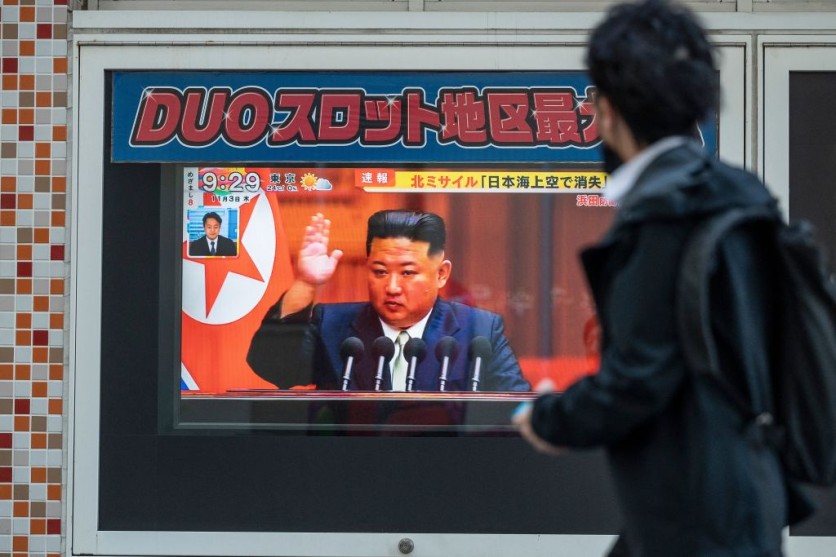To counter North Korea's growing cyber threats and spy satellite space launches, the US, South Korea, and Japan have formed a unified front, escalating their coordinated efforts against Pyongyang's activities.
Following commitments made earlier this year at a summit hosted by President Biden, the three countries have pledged coordinated actions to combat economic coercion and nefarious cyber activities orchestrated by the Democratic People's Republic of Korea (DPRK).

Japan, South Korea, US Join Efforts
Reuters reports that White House National Security Adviser Jake Sullivan announced new initiatives emerging from a meeting of the three countries' national security advisers in Seoul.
Sullivan emphasized the core focus areas of these initiatives, pinpointing cybercrime, cryptocurrency money laundering, and the contentious ballistic missile and space tests conducted by North Korea, all in contravention of United Nations resolutions.
"We've also launched new trilateral initiatives to counter the threats posed by the DPRK, from its cybercrime and cryptocurrency money laundering to its reckless space and ballistic missile tests," Sullivan noted.
These efforts are not merely rhetoric but encompass a tangible commitment, evidenced by plans underway for a real-time information-sharing arrangement on North Korean missile launches, amplifying the defense cooperation among the allied nations.
Threats from North Korea
Despite North Korea's assertion of its right to defend itself through space development, the US disputes these claims, citing violations of international norms and resolutions.
AP News reports that the heightened concerns revolve around potential arms trade between North Korea and Russia, raising alarm bells over the transfer of munitions aiding Russia in the ongoing conflict in Ukraine.
Sullivan, speaking after the trilateral meeting, highlighted the gravity of North Korea's actions, indicating a collective unease among the three nations.
However, specifics regarding the volume and types of arms purportedly being shipped to Russia remained undisclosed. Nonetheless, Sullivan emphasized unanimity among the allies regarding the alarming nature of the weapons transfers, underscoring the grave concerns held by the alliance.
Amid these discussions, less critical but relevant details emerged, including North Korea's plans to deploy additional spy satellites, its criticism of perceived double standards in satellite launches, and its denial of allegations regarding cyberattacks or arms proliferation.
Speculations about North Korea potentially supplying arms to militant groups and the implications of the country abandoning previous agreements were also mentioned during the discussions.
Despite these intricate dialogues and shared concerns, it is evident that the United States, South Korea, and Japan are navigating a complex web of geopolitical challenges posed by North Korea's evolving cyber capabilities and its ambitious forays into space.
As tensions on the Korean Peninsula remain high, this united front demonstrates these countries' unwavering dedication towards countering Pyongyang's multifaceted threats.
Stay posted here at Tech Times.
Related Article : Chinese Cybercriminals Launch SugarGh0st RAT Campaign to Attack South Korea, Uzbekistan

![Apple Watch Series 10 [GPS 42mm]](https://d.techtimes.com/en/full/453899/apple-watch-series-10-gps-42mm.jpg?w=184&h=103&f=9fb3c2ea2db928c663d1d2eadbcb3e52)



